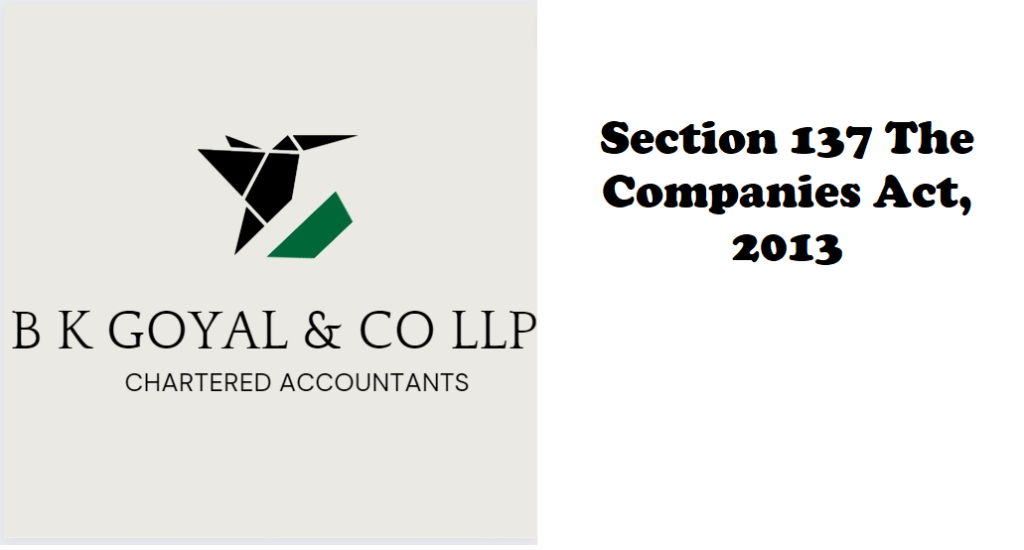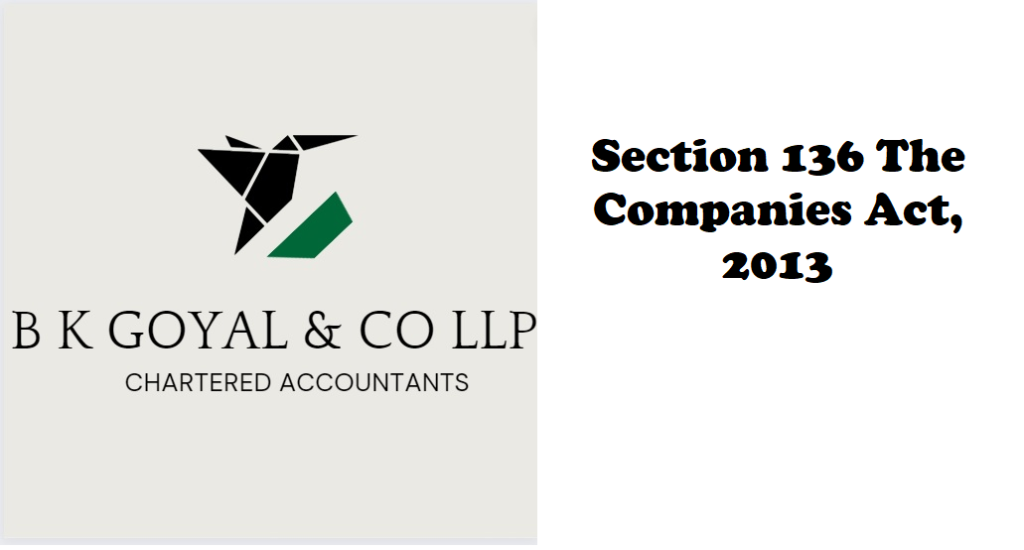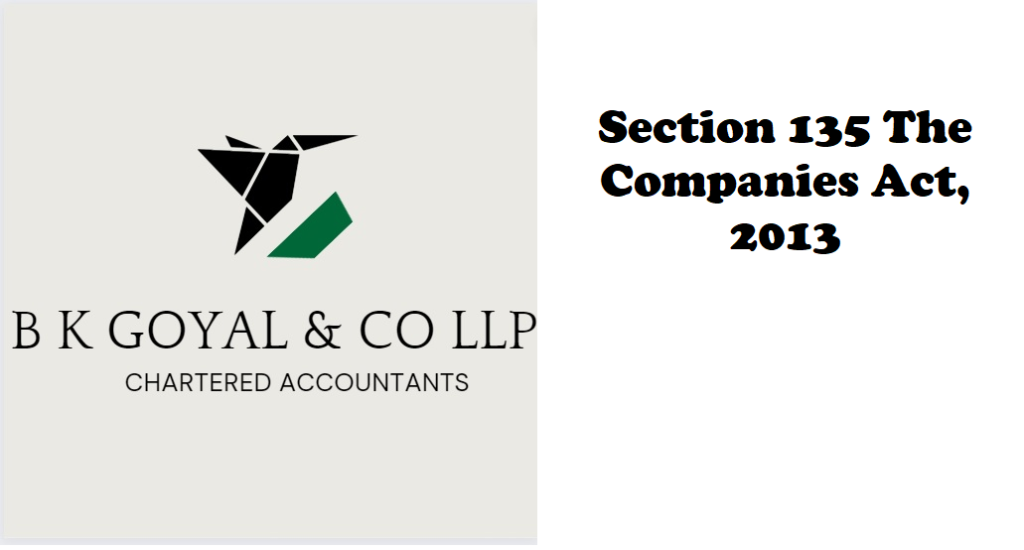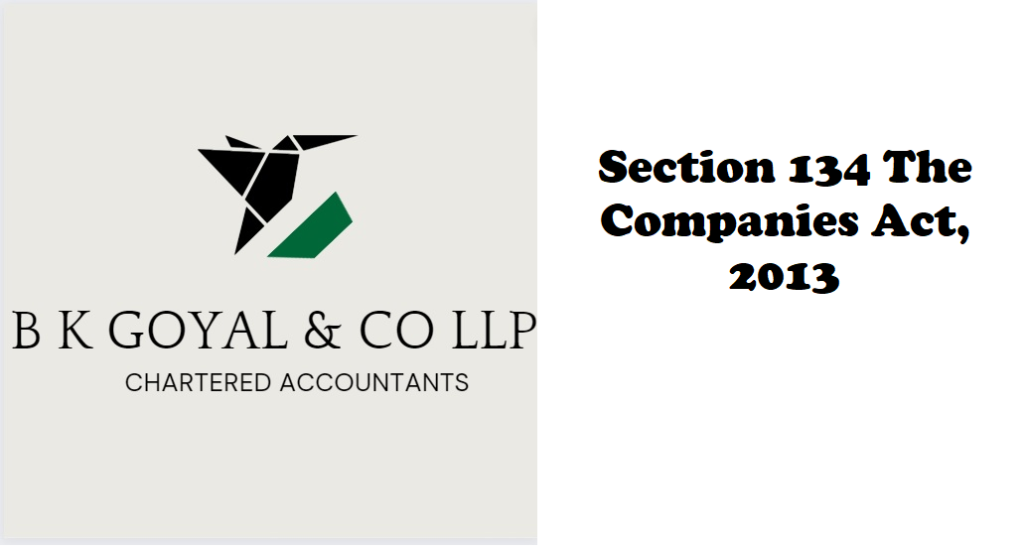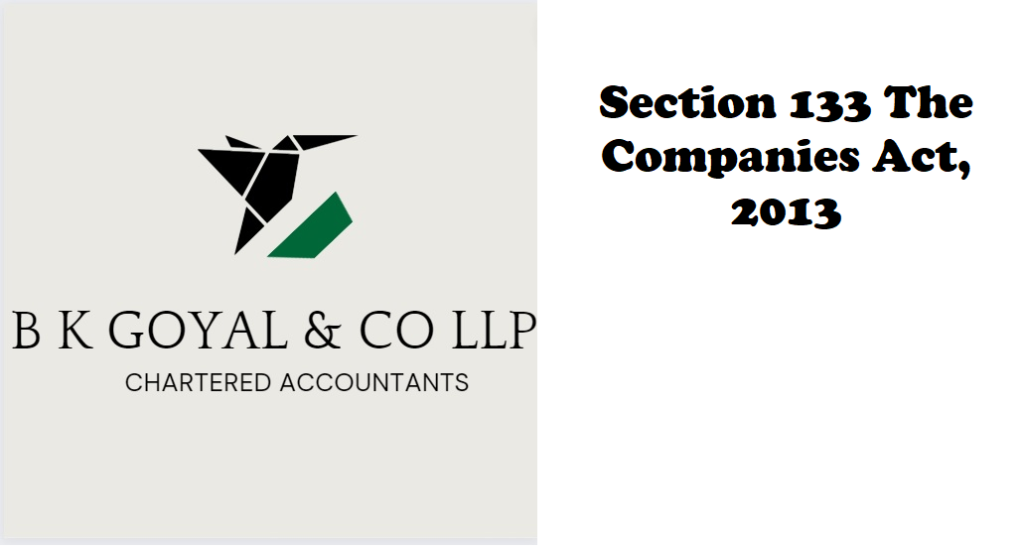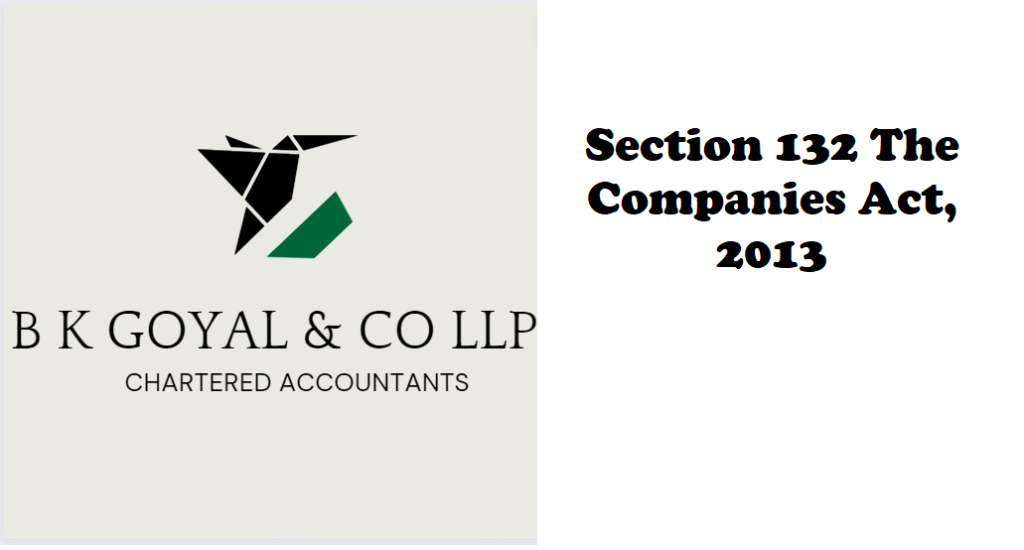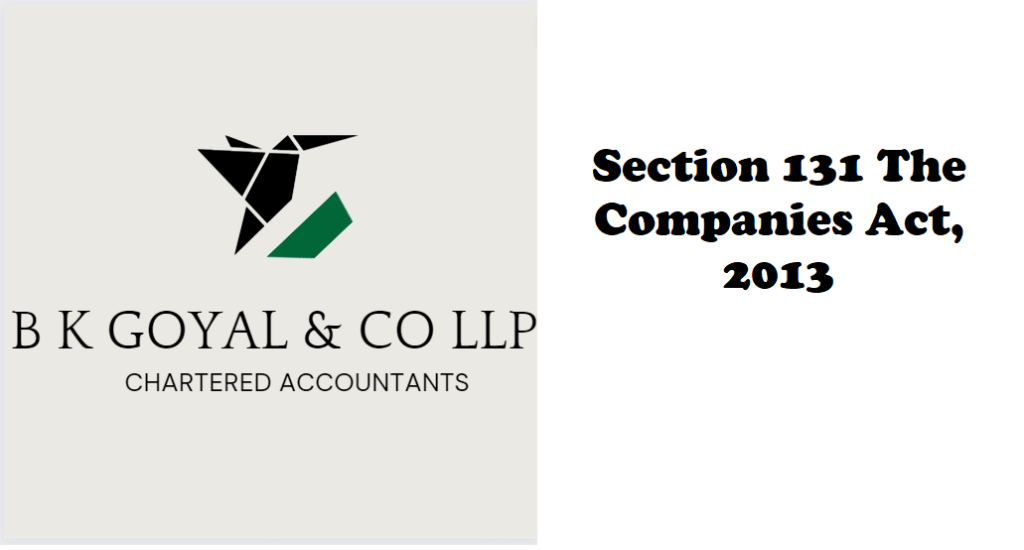Section 137 The Companies Act, 2013
Copy of financial statement to be filed with Registrar (1) A copy of the financial statements, including consolidated financial statement, if any, along with all the documents which are required to be or attached to such financial statements under this Act, duly adopted at the annual general meeting of the company, shall be filed with the Registrar within thirty days of the date of annual general meeting in such manner, with such fees or additional fees as may be prescribed11[Omitted]: Provided that where the financial statements under sub-section (1) are not adopted at annual general meeting or adjourned annual general meeting, such unadopted financial statements along with the required documents under sub-section (1) shall be filed with the Registrar within thirty days of the date of annual general meeting and the Registrar shall take them in his records as provisional till the financial statements are filed with him after their adoption in the adjourned annual general meeting for that purpose: Provided further that financial statements adopted in the adjourned annual general meeting shall be filed with the Registrar within thirty days of the date of such adjourned annual general meeting with such fees or such additional fees as may be prescribed 2[Omitted]. Provided also that a One Person Company shall file a copy of the financial statements duly adopted by its member, along with all the documents which are required to be attached to such financial statements, within one hundred eighty days from the closure of the financial year: Provided also that a company shall, along with its financial statements to be filed with the Registrar, attach the accounts of its subsidiary or subsidiaries which have been incorporated outside India and which have not established their place of business in India. 3[Provided also that in the case of a subsidiary which has been incorporated outside India (herein referred to as “foreign subsidiary”), which is not required to get its financial statement audited under any law of the country of its incorporation and which does not get such financial statement audited, the requirements of the fourth proviso shall be met if the holding Indian company files such unaudited financial statement along with a declaration to this effect and where such financial statement is in a language other than English, along with a translated copy of the financial statement in English.] (2) Where the annual general meeting of a company for any year has not been held, the financial statements along with the documents required to be attached under sub-section (1), duly signed along with the statement of facts and reasons for not holding the annual general meeting shall be filed with the Registrar within thirty days of the last date before which the annual general meeting should have been held and in such manner, with such fees or additional fees as may be prescribed 4[Omitted]. (3) If a company fails to file the copy of the financial statements under sub-section (1) or sub-section (2), as the case may be, before the expiry of the period specified 5[therein], the company shall be 9[8[6[liable to a penalty]]] of 10[ten thousand rupees and in case of continuing failure, with a further penalty of one hundred rupees for each day during which such failure continues, subject to a maximum of two lakh rupees,] and the managing director and the Chief Financial Officer of the company, if any, and, in the absence of the managing director and the Chief Financial Officer, any other director who is charged by the Board with the responsibility of complying with the provisions of this section, and, in the absence of any such director, all the Directors of the company, shall be 9[6[7[shall be liable to a penalty of 11[ten thousand rupees] and in case of continuing failure, with further penalty of one hundred rupees for each day after the first during which such failure continues, subject to a maximum of 12[fifty thousand rupees.]]]] Amendment 1. Omitted by the Companies (Amendment )Act,2017– Amendment Effective from 7th May 2018 Original Omitted Content- within the time specified under section 403: 2.Omitted by the Companies (Amendment )Act,2017– Amendment Effective from 7th May 2018 Original Omitted Content- within the time specified under section 403: 3. Inserted by The Companies (Amendment)Act,2017– Amendment Effective from 7th May 2018 4. Omitted by the Companies (Amendment )Act,2017– Amendment Effective from 7th May 2018 Original Omitted Content- within the time specified, under section 403. 5.Substituted by the Companies (Amendment) Act,2017– Amendment Effective from 7th May 2018 in sub-section (3),for the words and figures “in section 403” the following words and figures shall be substituted, namely :- [therein] 6.Substituted by the Companies (Amendment) Ordinance,2018 dated 02.11.2018 In section 137, in sub-section (3),for the words “punishable with fine”, the words “liable to a penalty” shall be substituted 7.Substituted by the Companies (Amendment) Ordinance,2018 dated 02.11.2018 In section 137, in sub-section (3),for the words punishable with imprisonment for a term which may extend to six months or with fine which shall not be less than one lakh rupees but which may extend to five lakh rupees or with both the following words shall be substituted, namely:- shall be liable to a penalty of one lakh rupees and in case of continuing failure, with further penalty of one hundred rupees for each day after the first during which such failure continues, subject to a maximum of five lakh rupees 8.Substituted by the Companies (Amendment) Ordinance,2019 dated 12.01.2019 [Companies (Amendment) Ordinance 2018 is repealed on 12th January 2019] 9. Substituted by the Companies (Amendment) Act,2019 -:Effective From 02nd November 2018 [Companies (Amendment) Second Ordinance 2019 is repealed on 31st July 2019] 10. Substituted by the Companies (Amendment) Act, 2020. Notification dated 28th September, 2020 Amendment Effective from 21st December 2020 in sub-section (3), for the words one thousand rupees for every day during which the failure continues but which shall not be more than ten lakh rupees the following words shall be substituted, namely ten thousand rupees and in case of continuing failure, with a further penalty of one hundred rupees for each day during which such failure continues, subject to a maximum of two lakh rupees, 11. Substituted by the Companies (Amendment) Act, 2020. Notification dated 28th September, 2020 Amendment Effective from 21st December 2020 in sub-section (3), for the words one lakh rupees the following words shall be substituted, namely ten thousand rupees 12. Substituted by the Companies (Amendment) Act, 2020. Notification dated 28th September, 2020 Amendment Effective from 21st December 2020 in sub-section (3), for the words five lakh rupees
Section 137 The Companies Act, 2013 Read More »
